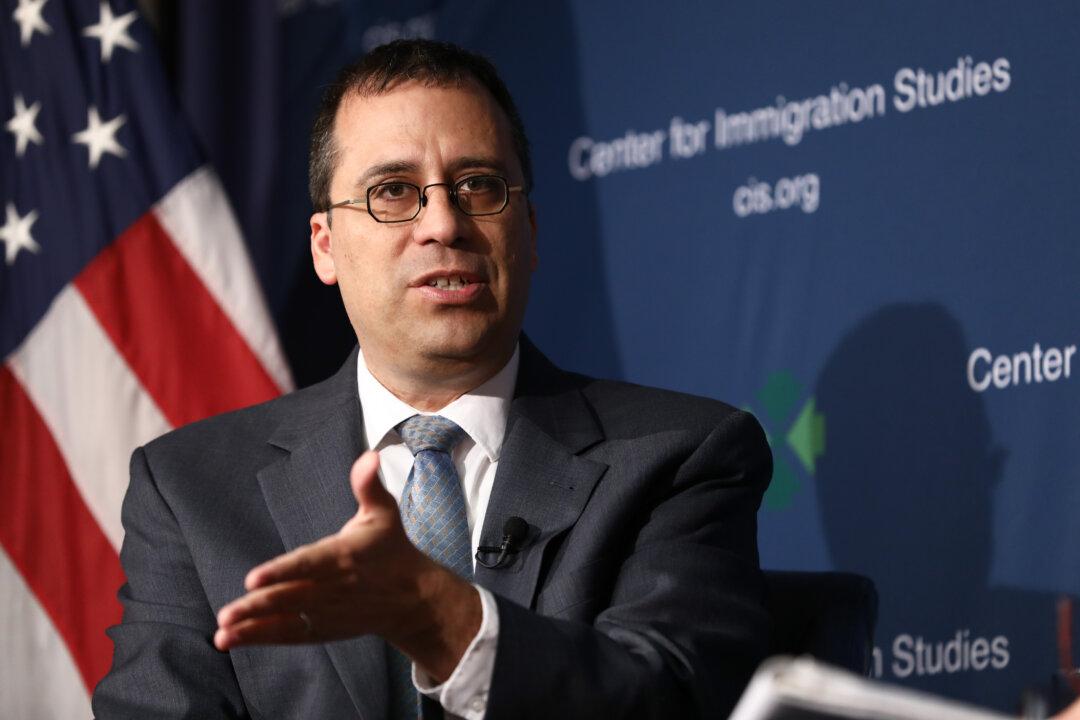WASHINGTON—Although not much tinkering can be done without Congress, the head of U.S. Citizenship and Immigration Services (USCIS) said issues surrounding visas such as the H-1B need to be addressed, but without causing harm to American workers.
The H-1B is a non-immigrant visa that allows foreigners to work in the United States for three years, with options to renew it. Silicon Valley companies are the heaviest users of the H-1B visa, bringing in workers largely from India.





